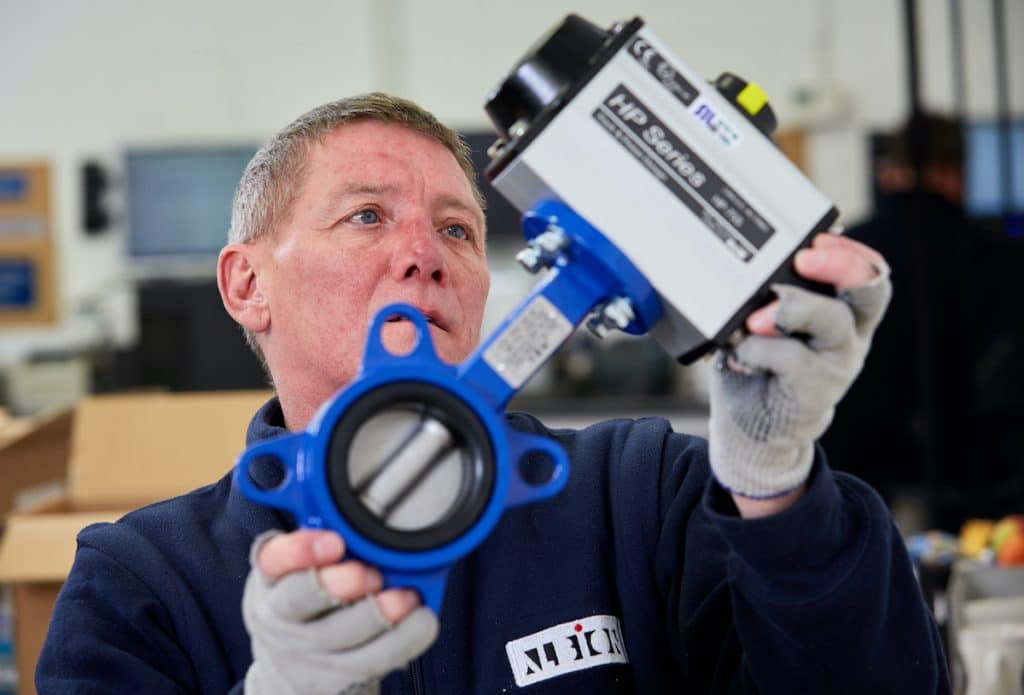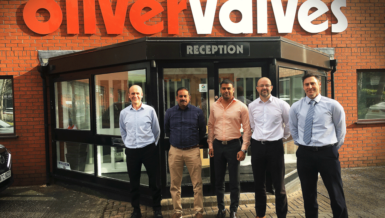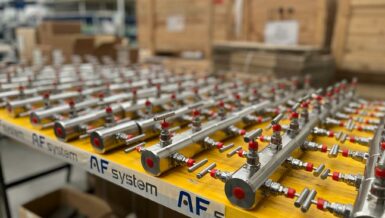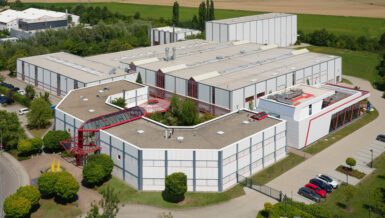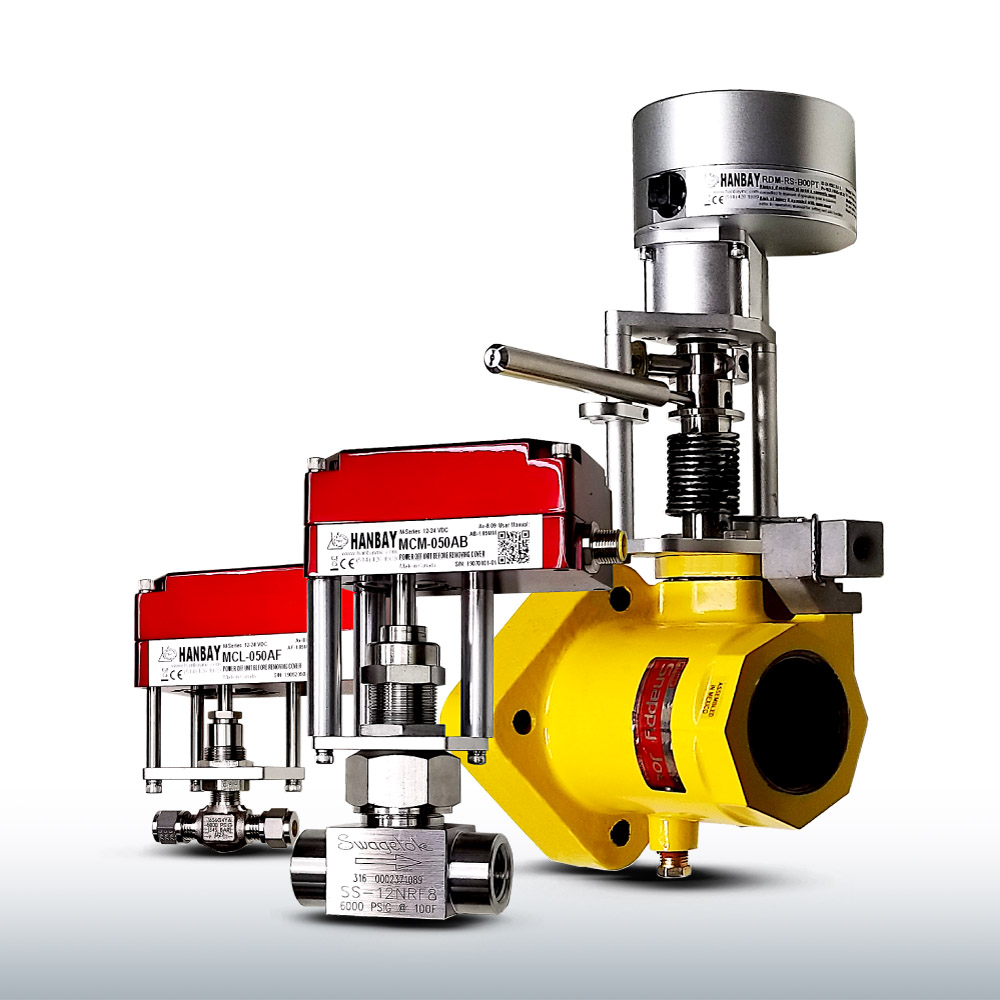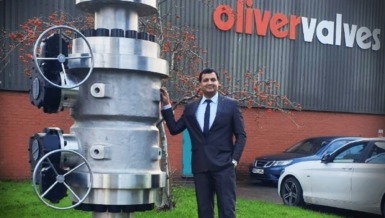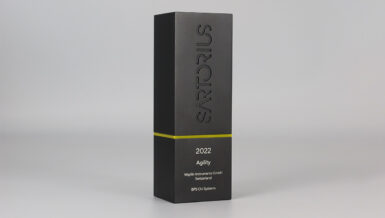With the process market increasingly reliant upon actuated valves for accurate and efficient flow control, it is perhaps no surprise that the market for valves and actuators is predicted to show strong growth from now until 2024.
According to a market report by Market Research Engine – global sales of valve and actuators are expected to reach $124bn in less than 5 years – equivalent to a very healthy compound annual growth rate (CAGR) of 6% over the period forecasted.
Although the report doesn’t quantify process or manufacturing usage specifically, we know that increasing desire for the highest levels of production efficiency, improved health and safety and reduced human intervention (leading to further reductions in labour costs), all point to the increased use of actuated valves across a wide-range of process applications.
At Albion, we have been supplying actuated valves for over 20 years, but demand has never been greater than it is now.
Dave Keys, Managing Director at Albion commented:
“We’ve been aware of the upward trend in actuation for some time now and, in line with our other plans for expanding our product lines, we have invested quite heavily in our actuated valve portfolio. We can now offer our distributors products in Stainless Steel, Brass and Cast Iron in a variety of formats including ball and butterfly valves in either two or three-way configurations. All of our valves come with standard ISO mounting making assembly with any type of actuator simple and straightforward.”
With such choice however, can come confusion. So, for those who may not be involved in specifying or buying actuated valves on a regular basis, it’s worth remembering a few basics.
Control v Isolation
Proper actuator and valve selection is usually a direct function of the application; with applications falling into two main categories: control and isolation.Modulating control valves are used to regulate the flow of liquid to control a process, whereas isolating valves are simply used for complete shut-off.
The main difference in the two types of application is the control of flow. Modulating valves are required where precise control of the medium is required, whereas isolation valves simply fully open or fully close the valve.
The environment in which the valve and actuator need to operate is also a significant factor affecting choice. Is air or electricity available? Are there any concerns over ‘clean’ operation? Does the application represent a harsh or corrosive operating environment? All of these factors need to be considered and will, in the majority of circumstances, dictate which type of actuation is most suitable, principally pneumatic or electric for process applications.
Pneumatic v Electric
Pneumatic actuators, powered by compressed gas or air, generally provide high force and speed at a low unit cost and in a relatively small operating footprint. It is worth noting that pneumatic cylinders provide more force and speed per unit size than any other actuator technology except hydraulic. Whereas electric actuators use an electric motor to provide torque to operate a valve; they are quiet, non-toxic and energy efficient. Electric actuators are available in a wide range of voltage including 24VAC, 24VDC, 110VAC, 220VAC & 380V. In contrast to pneumatic, electric actuators provide precise control and positioning and are most economical when deployed in small to medium, as opposed to large-scale, applications.
If in doubt – ask.
Our advice is simple. If in doubt – ask. There is no set answer to what type of actuator and valve combination is best, as always, it depends on the application in question and considerations of the project overall – specification, operating requirement and of course cost.
As Dave Keys says, it pays to speak to a professional:
“Our in-house technical team can build, test and ship valve and actuator assemblies – often on the same day as the order is received. What’s more, due to our partnership with experts in the actuation industry, we can provide the most suitable and cost-effective solution whatever the demands. This includes switchboxes and Namur solenoid valves for either standard or hazardous applications. So, whatever the project, you don’t need to tackle it alone.”



